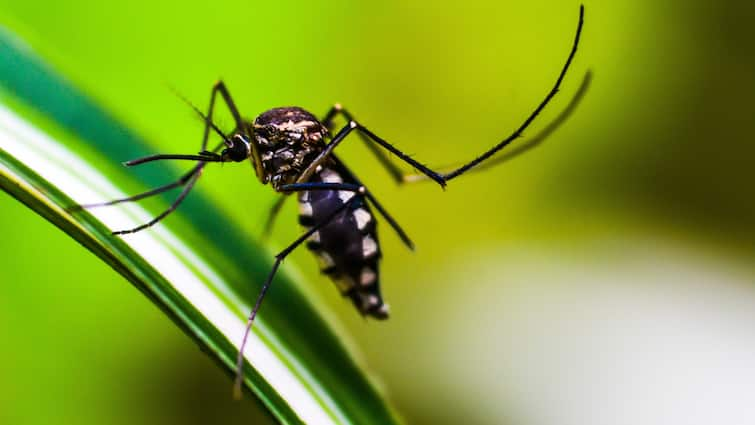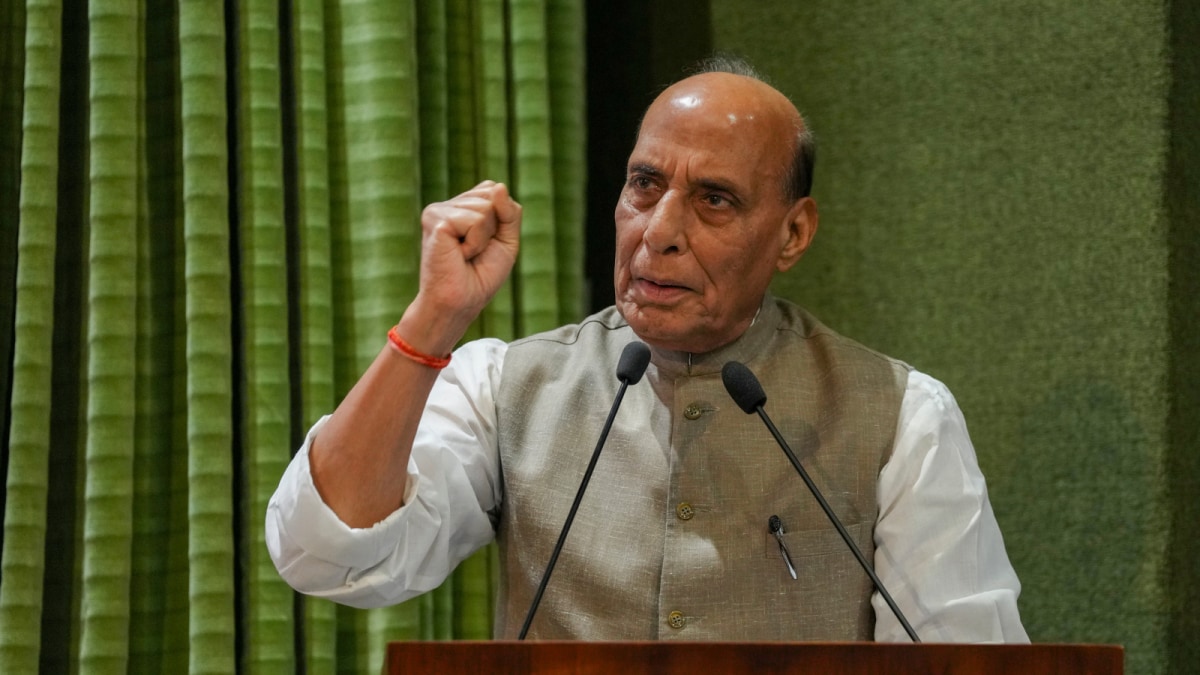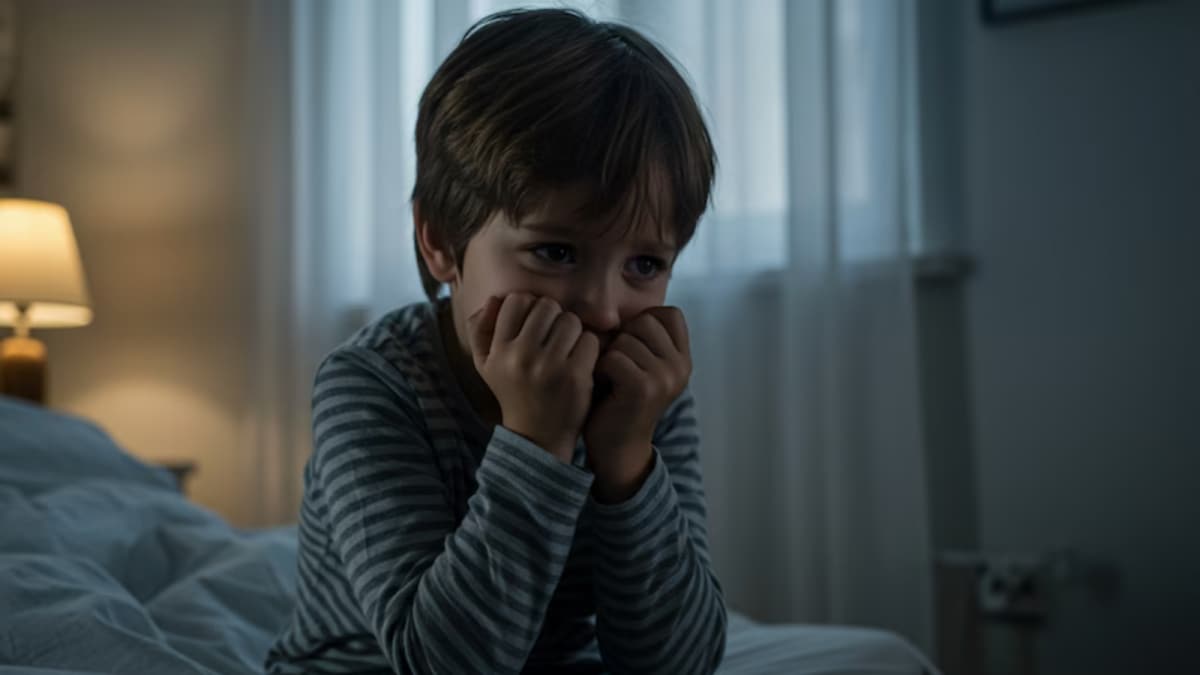(By Dr. Vikram Vora)
Dengue fever has emerged quickly as one of the greatest public health issues of the day. Previously thought to be a disease limited to tropical areas, dengue now ranges far and wide throughout the world, infecting millions annually. The World Health Organization estimates that nearly a half billion people worldwide are at risk, with cases projected to reach all-time highs in the years to come.
The surge is fueled by a mixture of climate change, urbanization, population growth, and intensifying travel. More extensive rainy seasons and rising temperatures have provided prime breeding grounds for mosquitoes, and particularly for the Aedes aegypti mosquito, which is responsible for dengue transmission. Thus, previously uninfected regions are now reporting outbreaks, while nations like India still experience seasonal surges that put health systems under pressure.
ALSO READ: Festivals And Monsoons: The Crucial Reminder For Your Child’s Vaccination Schedule
Why Dengue Deserves Our Attention
In India, dengue cases have grown alarmingly over the past two decades, with a dramatic rise of more than 1,300% since the mid-1990s. Neighboring countries like Bangladesh are witnessing similar surges, partly due to prolonged rains and flooding that extend the transmission season.
It is in most individuals infected with dengue that symptoms like sudden onset of fever, headache, muscle and joint pain, nausea, and rashes on the skin are noted. Though recovery occurs in many, others develop severe dengue that leads to bleeding, accumulation of fluid, organ damage, and death. The risk of developing severe dengue is increased among individuals who have previously had the infection, hence repeated exposure is especially risky.
Currently, there is no such cure for dengue. There are vaccines available in certain nations, but not yet commonly approved and available in India. Two hopefuls are undergoing clinical trials, but until they are established and made available, prevention is the best protection.
Top Strategies For Dengue Prevention
Protecting yourself and your community from dengue requires a proactive approach. Here are the most effective strategies that can help reduce the risk of infection:
- Prevent Mosquito Bites: Apply insect repellent on exposed skin, particularly during the day, when dengue mosquitoes are most active. Wear light-colored, long-sleeved clothing and trousers to minimize skin exposure. Use mosquito nets while resting and ensure living spaces are equipped with screens or air conditioning.
- Remove Breeding Places:Aedes mosquitoes lay eggs in still water, which is usually held in common objects such as buckets, flowerpots, used tires, and open containers. Empty and clean them on a regular basis.Cover storage containers holding water tightly and wash them every week to eliminate any mosquito eggs. Eliminate waste and clear obstructed drains or gutters to avoid water buildup.
- Improve Community Actions:Dengue control is not a personal task, it needs a public effort. Community clean-ups, daily inspections, and neighborhood awareness drives can significantly reduce mosquito populations.Encourage families to observe “dry days,” where water-containing vessels are emptied and cleansed weekly to disrupt mosquito breeding cycles.
- Identify Symptoms Early: Symptom awareness is important. Fever, headache, eye pain behind the eyes, body pains, nausea, and rashes should never be taken lightly. Consult a doctor at once if serious signs and symptoms develop, including persistent nausea, stomach pain, gum bleeding, or difficulty breathing. Early treatment minimizes the risk of complications.
- Remain Well Hydrated and Control Symptoms:Proper hydration is crucial for those infected. Fluid intake prevents complications due to severe dengue. Always adhere to medical advice, and self-medication, particularly with medications like aspirin or ibuprofen, must be avoided since they increase chances of bleeding.
Dengue is not another so-called seasonal disease; it is an increasing global health threat that requires action and attention. With a focus on mosquito-bite prevention, sanitation of the environment, community participation, and prompt medical care, we can impact the reduction of the disease load to a considerable extent.
Dr. Vikram Vora is the Medical Director at International SOS
[Disclaimer: The information provided in the article, including treatment suggestions shared by doctors, is intended for general informational purposes only. It is not a substitute for professional medical advice, diagnosis, or treatment. Always seek the advice of your physician or other qualified healthcare provider with any questions you may have regarding a medical condition.]
Check out below Health Tools-
Calculate The Age Through Age Calculator



